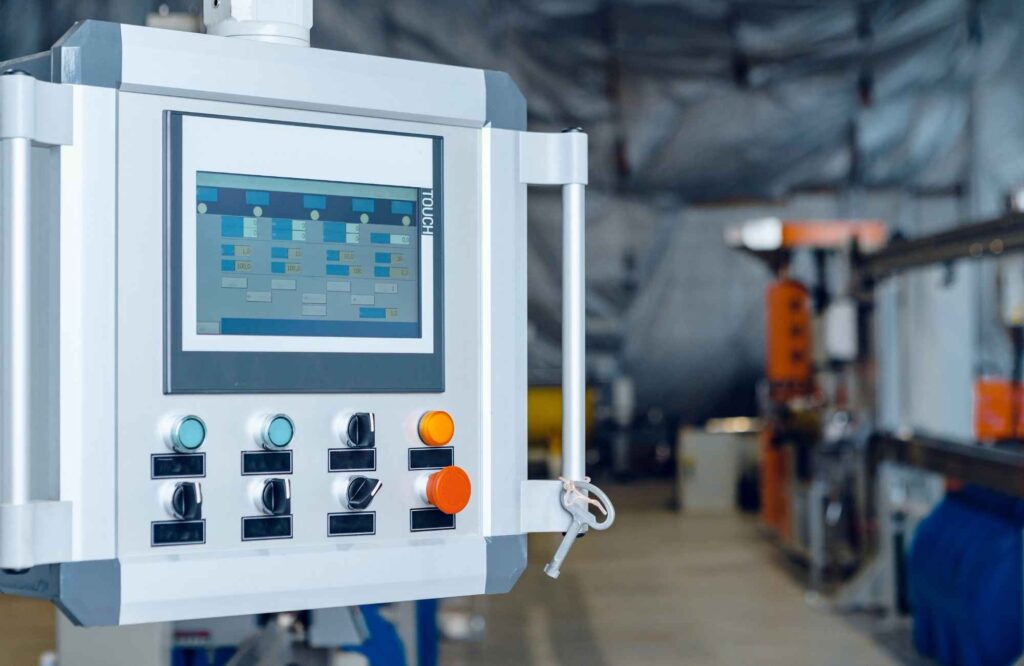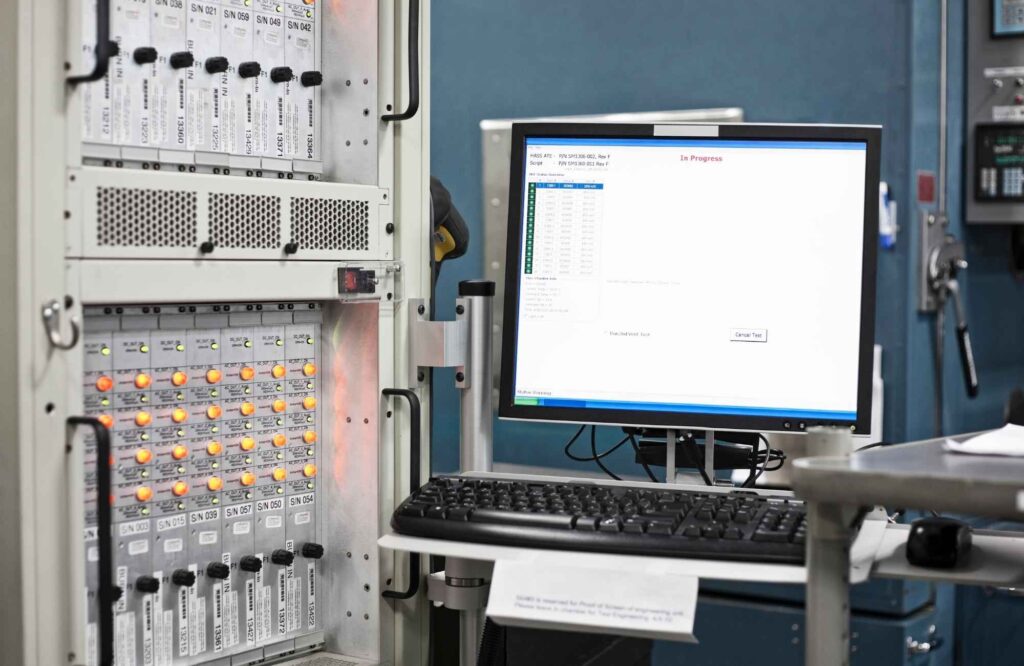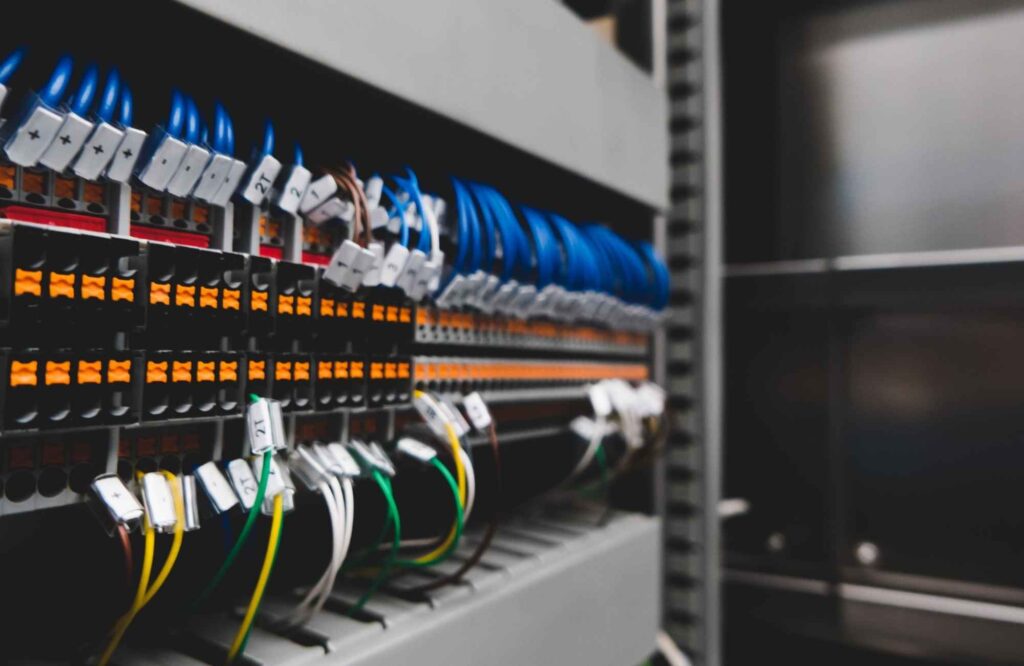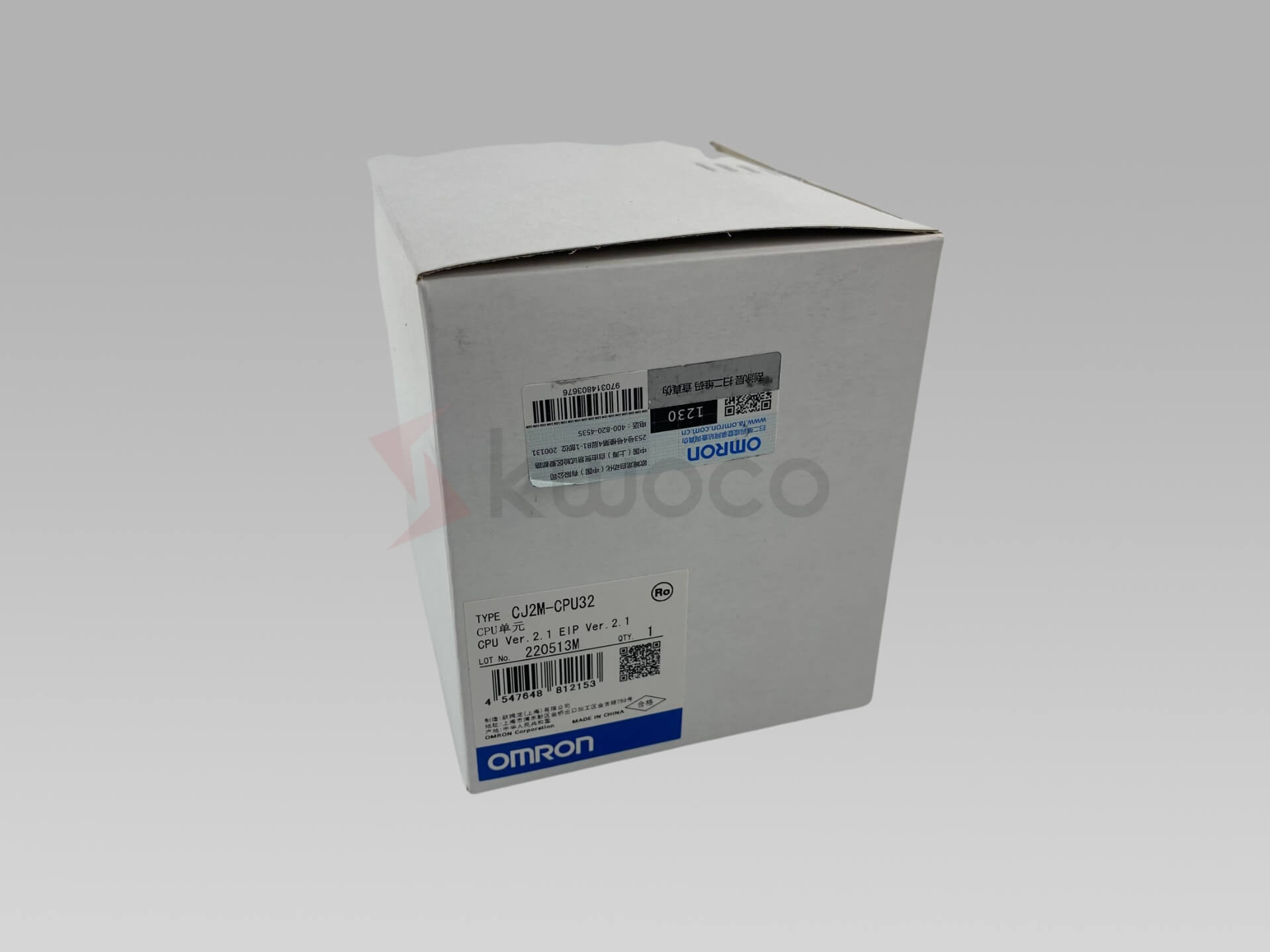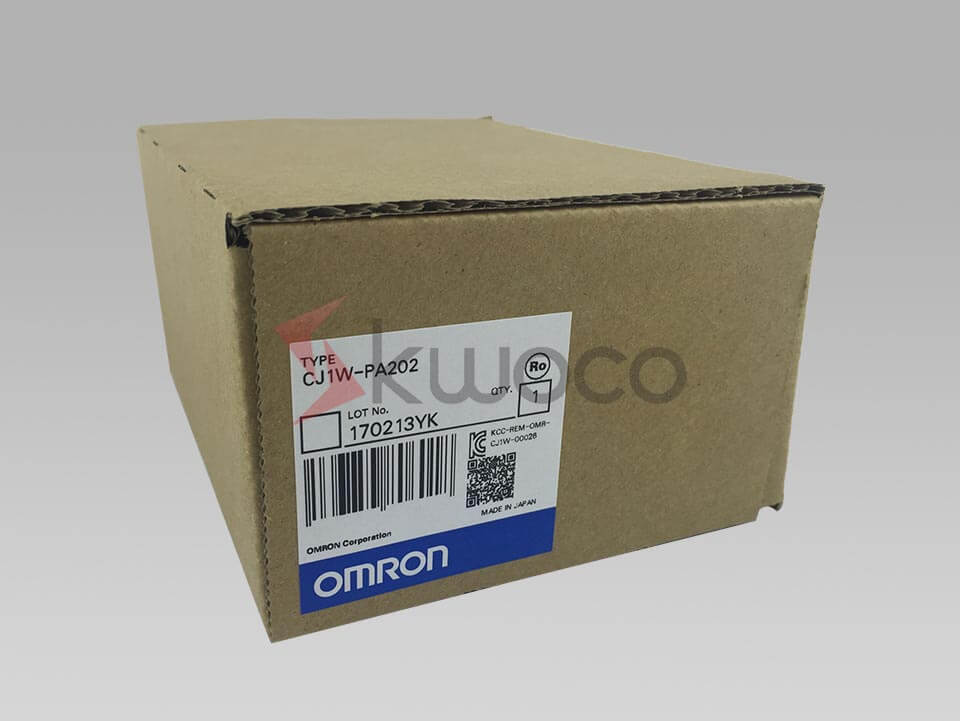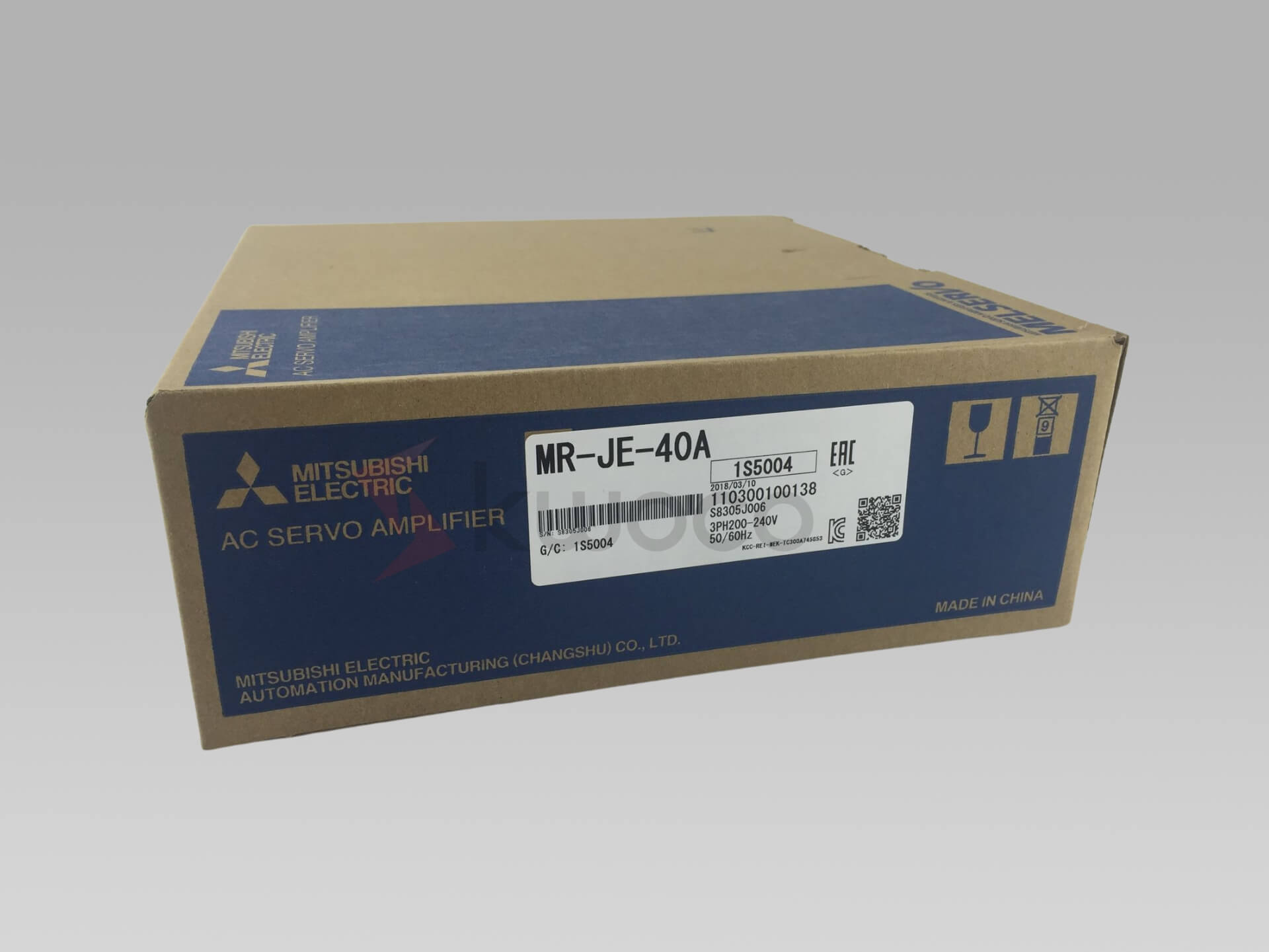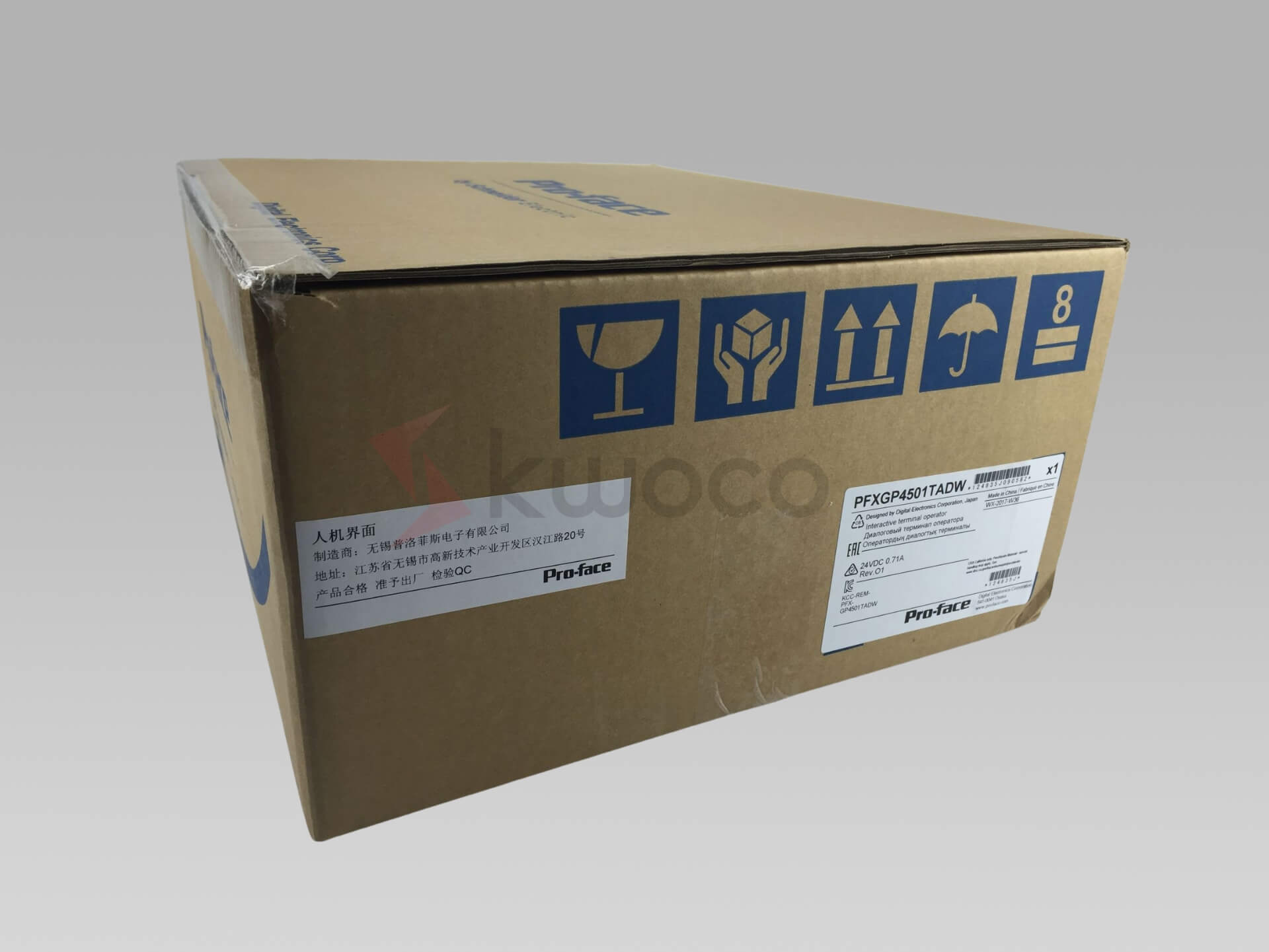Padroneggiare i pannelli PLC: una guida alla lettura degli schemi elettrici
Per diagnosticare efficacemente i guasti è essenziale comprendere cos'è un PLC e come funziona.
Sommario
Perché i PLC si guastano?
I guasti del PLC possono verificarsi per vari fattori, tra cui malfunzionamenti hardware, problemi software e influenze esterne.
Riconoscere le ragioni comuni per PLC guasti è fondamentale per mantenere l'integrità del sistema e ridurre al minimo i tempi di inattività. Approfondendo queste cause, gli ingegneri possono sviluppare strategie efficaci di risoluzione dei problemi.
Cause comuni di guasti del PLC
- Problemi di alimentazione: Una potenza insufficiente o fluttuazioni possono causare guasti operativi.
- Rumore elettrico: Le interferenze provenienti da apparecchiature vicine possono interrompere i segnali PLC.
- Guasti del modulo: Singoli componenti del PLC possono guastarsi a causa di usura o danni.
- Errori di configurazione: Impostazioni errate possono causare malfunzionamenti o un funzionamento imprevedibile del PLC.
- Fattori ambientali: Temperature estreme, umidità e polvere possono influire negativamente sulle prestazioni del PLC.
Problemi di alimentazione: una preoccupazione importante
I guasti dell'alimentazione sono una delle cause più comuni di guasti del PLC. Quando un PLC non riceve un'alimentazione adeguata, potrebbe resettarsi inaspettatamente o funzionare in modo irregolare.
I sintomi di problemi legati all'alimentazione includono frequenti reset e allarmi. Controllare regolarmente i collegamenti dell'alimentazione e utilizzare gruppi di continuità (UPS) può mitigare questi rischi.
Rumore elettrico e suoi effetti
Il rumore elettrico, che può essere causato da macchinari nelle vicinanze, interferenze di radiofrequenza o problemi di messa a terra, può causare malfunzionamenti del PLC. I sintomi includono output irregolari e comportamento inaspettato nel sistema di controllo.
L'implementazione di tecniche di messa a terra adeguate e l'utilizzo di cavi schermati possono contribuire a ridurre il rumore elettrico e il suo impatto sul funzionamento del PLC.
Guasti del modulo: cosa cercare
I moduli all'interno di un PLC, come i moduli di input/output (I/O) o di comunicazione, possono guastarsi a causa di vari fattori. I sintomi comuni di guasti dei moduli includono la perdita di comunicazione e la mancata risposta agli input.
L'esecuzione di ispezioni regolari e l'utilizzo di strumenti diagnostici come i multimetri possono aiutare a identificare problemi relativi ai moduli prima che diventino problemi significativi.
Errori di configurazione: un killer silenzioso
Errori di configurazione, spesso trascurati, possono causare problemi sostanziali nei sistemi PLC. Questi errori possono derivare da una programmazione o da impostazioni errate nel software PLC.
Rivedere regolarmente la configurazione del PLC e utilizzare il controllo delle versioni può prevenire problemi derivanti da configurazioni errate.
Fattori ambientali: non trascurarli
Gli ambienti industriali possono rappresentare una sfida per i PLC, in quanto le fluttuazioni di temperatura, l'umidità e la polvere possono mettere a rischio l'affidabilità del sistema.
Per mitigare questi rischi, è fondamentale proteggere i PLC con appositi involucri, garantire un'adeguata ventilazione ed effettuare valutazioni ambientali.
Il ruolo della manutenzione regolare
La manutenzione regolare è fondamentale per prevenire guasti al PLC. Le attività principali includono:
- Ispezione delle connessioni: Garantire la sicurezza di tutte le connessioni può prevenire guasti intermittenti.
- Pulizia: Mantenere puliti il PLC e i suoi dintorni aiuta a ridurre l'impatto ambientale.
- Aggiornamento del firmware: Aggiornamenti regolari possono migliorare le prestazioni e risolvere problemi noti.
Domande frequenti sui guasti del PLC
Quali sono i sintomi più comuni di un guasto del PLC?
I sintomi più comuni di un guasto del PLC includono output irregolari o inaspettati, mancata risposta agli input, frequenti reset del sistema, errori di comunicazione con i dispositivi collegati e allarmi che indicano guasti. Inoltre, gli utenti possono notare un comportamento insolito nei processi automatizzati, come un funzionamento incoerente o arresti inaspettati.
Come posso evitare che il rumore elettrico influisca sul mio PLC?
Per evitare che il rumore elettrico influisca sul PLC, si consiglia di implementare le seguenti strategie:
- Utilizzare cavi schermati: utilizzare cavi a doppino intrecciato schermati per la trasmissione del segnale per ridurre le interferenze elettromagnetiche.
- Corretta messa a terra: assicurarsi che tutte le apparecchiature siano adeguatamente collegate a terra per ridurre al minimo gli effetti del rumore elettrico.
- Tenere i cavi lontani da fonti di rumore: far passare i cavi lontano da macchinari pesanti e linee ad alta tensione che potrebbero generare rumore elettrico.
- Installare filtri: utilizzare filtri antirumore sulle linee di alimentazione e sulle linee di segnale per ridurre le interferenze.
Cosa devo fare se il mio PLC continua a resettarsi?
Se il PLC continua a ripristinarsi, seguire questi passaggi:
- Controllare l'alimentazione: assicurarsi che l'alimentazione sia stabile e fornisca la tensione corretta. Le fluttuazioni possono causare reset.
- Controllare i collegamenti: verificare che non vi siano collegamenti allentati o danneggiati, poiché potrebbero compromettere l'integrità dell'alimentazione e del segnale.
- Rivedere la logica del programma: verificare la presenza di errori di programmazione che potrebbero causare il ripristino imprevisto del PLC.
- Esaminare le condizioni ambientali: assicurarsi che il PLC funzioni entro i limiti di temperatura e umidità specificati. Calore o umidità eccessivi possono causare guasti.
Con quale frequenza dovrei eseguire la manutenzione del mio sistema PLC?
La manutenzione del sistema PLC dovrebbe essere eseguita regolarmente, idealmente ogni sei mesi o un anno, a seconda dell'ambiente operativo e dell'utilizzo. Tuttavia, alcuni fattori, come l'accumulo di polvere, le temperature estreme e la frequenza di utilizzo, potrebbero richiedere ispezioni più frequenti. Le attività di manutenzione regolari dovrebbero includere il controllo delle connessioni, la pulizia del sistema e l'aggiornamento del firmware per garantire prestazioni e affidabilità ottimali.
Dai potenza ai tuoi progetti con i nuovi PLC originali Omron, Mitsubishi e Schneider, disponibili in magazzino e pronti da subito!
Conclusione
In sintesi, comprendere le cause comuni dei guasti dei PLC è fondamentale per mantenere l'efficienza operativa nell'automazione industriale. Affrontando i problemi di alimentazione, riducendo al minimo il rumore elettrico, prevenendo i guasti dei moduli e assicurando una configurazione corretta, è possibile ridurre significativamente il rischio di guasti dei PLC.
Cerchi nuovi PLC originali per i tuoi progetti? Da Kwoco, abbiamo in magazzino gli ultimi PLC dei migliori marchi come Omron, Mitsubishi, E SchneiderAcquista con fiducia: spedizione veloce, qualità garantita! Acquista ora
Contattaci
Basta compilare il tuo nome, indirizzo email e una breve descrizione della tua richiesta in questo modulo. Ti contatteremo entro 24 ore.
Categoria di prodotto
Prodotti in saldo
Potresti trovare interessanti anche questi argomenti
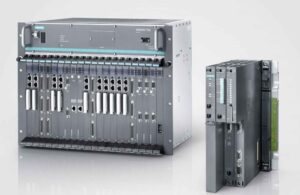
Siemens SIMATIC Controller: il cervello dietro l'automazione senza soluzione di continuità
Questo post del blog approfondisce il mondo dei controllori Siemens SIMATIC, spiegando perché sono una pietra angolare dell'automazione industriale moderna e sottolineandone i vantaggi per le fabbriche di macchinari e attrezzature, i produttori e le aziende di soluzioni di fabbrica. Vogliamo dimostrare come i controllori SIMATIC possano trasformare le tue operazioni, migliorare l'efficienza e, in ultima analisi, aumentare la redditività. Come azienda specializzata in automazione industriale e prodotti di controllo industriale per impianti di produzione, comprendiamo il ruolo fondamentale che sistemi di controllo affidabili e adattabili svolgono nell'attuale panorama competitivo.
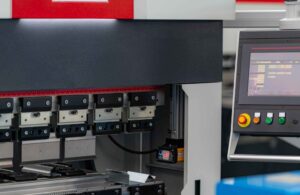
Comprensione della programmazione PLC Mitsubishi: linguaggi e strumenti
Nel mondo in rapida evoluzione dell'automazione industriale, la scelta del giusto linguaggio di programmazione PLC è fondamentale. Molti ingegneri e tecnici si confrontano con la comprensione di quali linguaggi siano più adatti ai PLC Mitsubishi e di come utilizzarli in modo efficace per prestazioni ottimali.
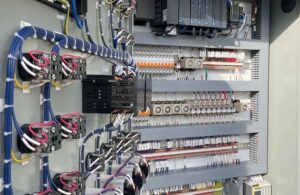
Padroneggiare la modalità operativa di un interruttore temporizzato: una guida completa
Questo articolo approfondisce le complessità degli interruttori a tempo, offrendo una comprensione completa dei loro vari tipi, modalità operative e applicazioni. Che tu sia un ingegnere in una fabbrica di macchinari e attrezzature, un produttore o parte di un'azienda di soluzioni di fabbrica, questa guida fornirà preziose informazioni su come gli interruttori a tempo possono migliorare i tuoi processi di automazione industriale.

